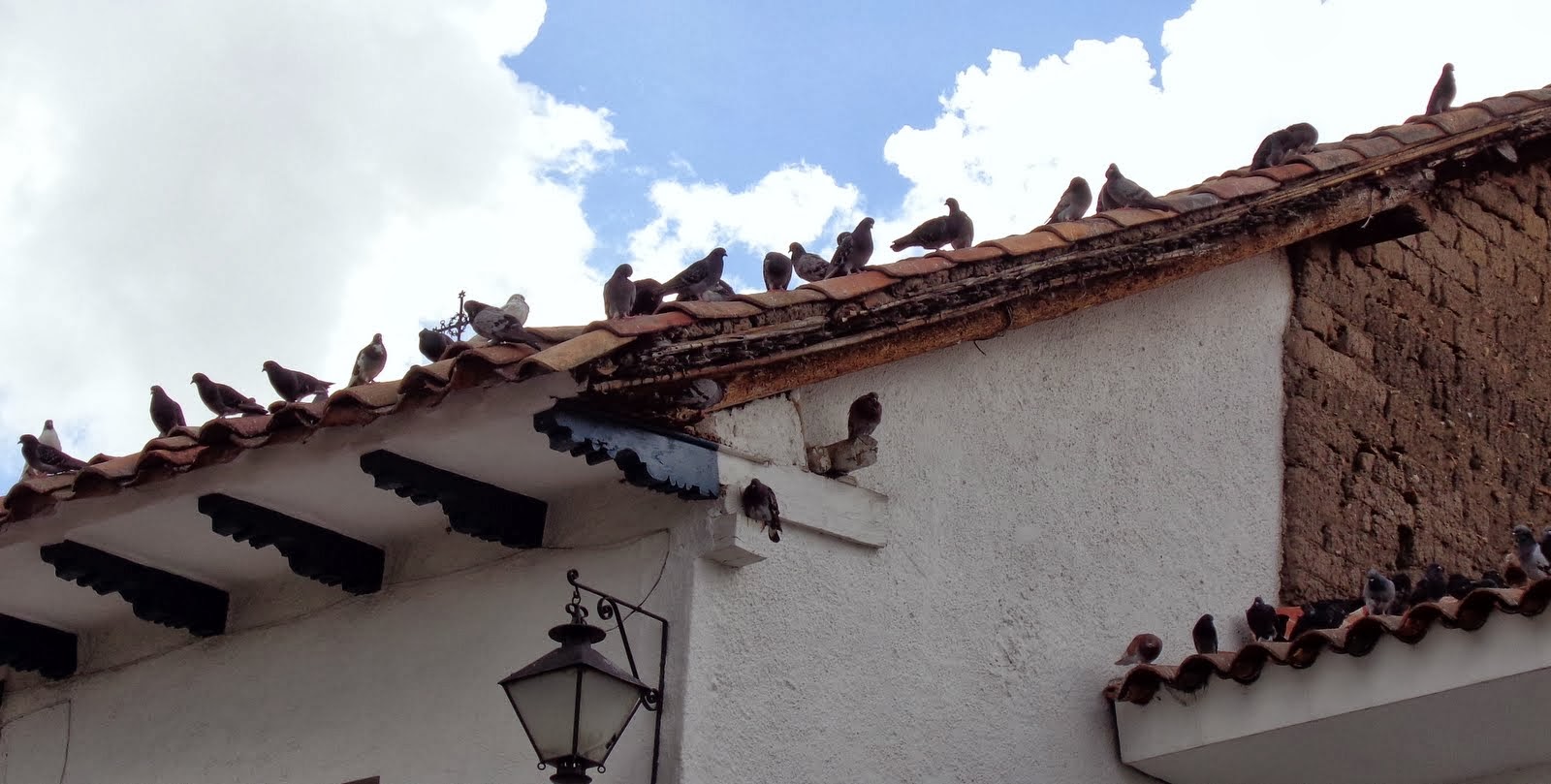We learned a few interesting facts of voting that are a little different than what we were used to in the USA. Voting is mandatory for all Ecuadorians between ages 18 and 65, optional for those aged 16-18 and over 65. Voting by some occupations is also optional, like military and pólice. If you do not vote, there is a fine of about $40. Your voting card is needed in most legal transactions, so it's an important document to keep and protect.
Ecuadorians take their right to vote seriously. There is a moratorium on booze and campaigning for a couple days before the voting day to about noon the following Monday. Inmates are bussed in a day early to vote. Interesting to note that officials here believe there are no bad people, just bad deeds -- being in jail has nothing to do with the right (and obligation) to vote.
In some cases, the disabled can vote off-site, with the voting booth/staff coming to them. The machines are also in braille and very disabled-friendly. The overall process is democratic and very inclusive, including machines in other Ecuadorian languages, like Quichua, a popular Andean indigenous language. No machines in English. Overall, machines are in Spanish, of course.
There are separate áreas within the voting location for men and women. We think it's so all citizens can vote freely without undue influence from their spouses.
This year was the first time for Cuenca to use automated voting. The machines and software were made/tested in Argentina. They worked great for us! We were trained by students and it was easy and quick with touch screens and lots of confirmation prompts. Results of the overall vote were quicker and easier, too, compared to past years' paper ballots.
Our assigned polling place was located in a school. Fun to see classrooms and students, street art and sports fields. (You can't see these from the outside and nothing else would have taken us inside, except for our historic day's activity!) It's the same school our friend Fabian attended when he was in grammer school. His children also attended there. Next door is a high school for girls. (You will see their pretty red/blue plaid uniforms in some of these pics. A team of girls from this school trained us on the new machines.)
Polls opened at 7am, closed at 5pm. We watched a nearby school get ready a little before they opened. It was interesting to see military, pólice and voting workers all lined up at attention with the National Anthem playing in the background. Right at 7am, sirens went off and the gates and doors opened for the first voters of the day. At our poll across town, at 8:30am, the traffic and people were thick, but the pólice kept it all under control. Lines inside were not long and we were all done in less than an hour, including our training time. The whole process was organized and pleasant.
It wasn't appropiate to take pics inside, but we did get some shots outside. Lots of food for sale.
Also, the chance to laminate your voting card (50 cents).
As the polls closed at 5pm, buses pulled out, probably with workers. Lots of military music!
Interestingly, we heard no music during voting hours. We think this was probably the only event we've witnessed with NO music!
We are so excited to be a part of this young democracy!
Viva Ecuador!





















































